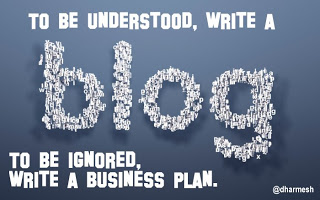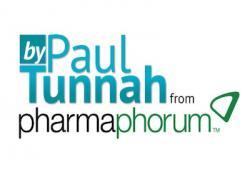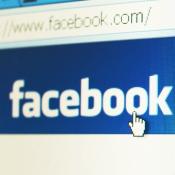Healthcare can no longer deny nor ignore the importance of social media. As a communication platform, it’s being used to educate, engage and empower consumers about topics ranging from legislation, hospital rankings, and ER wait times, to patient satisfaction, chronic illness management and health improvement. Collaborative applications around seeking, sorting, assessing and ranking health information and experience have become part of our connected culture.
Healthcare can no longer deny nor ignore the importance of social media. As a communication platform, it’s being used to educate, engage and empower consumers about topics ranging from legislation, hospital rankings, and ER wait times, to patient satisfaction, chronic illness management and health improvement. Collaborative applications around seeking, sorting, assessing and ranking health information and experience have become part of our connected culture.
As “consumerism” increasingly impacts the healthcare landscape – payers, providers and other healthcare stakeholders are investing in technologies ranging from collaboration and contact center tools, to next generation video and self service platforms. Consumerism is forcing these organizations to change their cultural barriers to how customer interactions need to be supported, and the pace of legislative mandates is exposing the healthcare information systems that can’t nimbly react to creating new products, or support online conversations.
Blogger Ed Bennet tracks 1,188 hospitals which are proving their seriousness about social media usage as they update:
- 548 YouTube Channels
- 1018 Facebook pages
- 788 Twitter Accounts
- 458 LinkedIn Accounts
- 913 Foursquare
- 137 Blogs
The impact of social media in healthcare goes beyond just an inexpensive channel that targets consumers. Social media is fundamentally changing how payers, providers, and healthcare stakeholders manage their brand and influence purchasing decisions.
- For payers its managing customer service touch points through insurance exchanges, one of the few ways for them to maintain loyalty.
- For providers its connecting care providers with patients and care providers with each other is no longer about a gadget or app, but for measurable opportunities to share knowledge and build loyalty.
- For other healthcare stakeholders it’s supporting their brand and customer interactions with thoughtful, engaged support allowing for the ability to listen in on conversations already occurring about the industry, products, news, issues, etc.
Social media is a powerful source of information for consumers, and an equally powerful communication channel for providers of health information and support services. For payers, providers and other healthcare stakeholders, TripleTree considers social media the lowest cost enabler of consumerism with a technical heritage linking it to cloud-based CRM and collaboration platforms. In addition, social media is a cornerstone for marketing and branding initiatives in many industries. With social media in healthcare, the old models for marketing, sales and service have been transformed.
Let us know what you think.
Chris Hoffmann
![]() Chris Hoffmann is a Senior Director at TripleTree covering Cloud, SaaS and enterprise applications and specializes in CRM, loyalty and collaboration solutions across numerous industries. Follow Chris on Twitter or e-mail him at choffmann@triple-tree.com.
Chris Hoffmann is a Senior Director at TripleTree covering Cloud, SaaS and enterprise applications and specializes in CRM, loyalty and collaboration solutions across numerous industries. Follow Chris on Twitter or e-mail him at choffmann@triple-tree.com.








